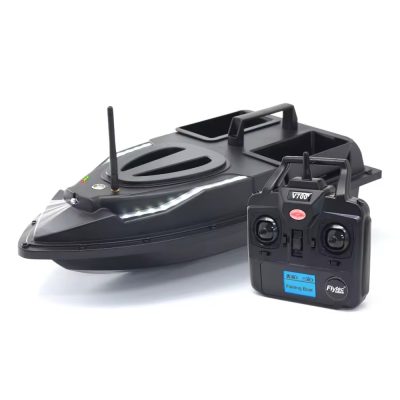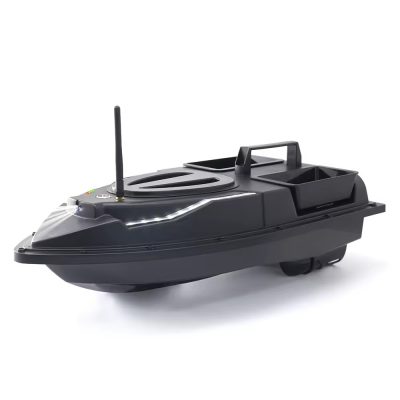Introduction
Selecting the right RC boat is crucial for maximizing your enjoyment and performance on the water. With various types and features available, making an informed decision can be challenging. In this comprehensive guide, we’ll explore key factors to consider when choosing the perfect RC boat for your needs.
1. Types of RC Boats
Understanding the different types of RC boats is the first step in making a choice. The main categories include:
- Electric Boats: Powered by rechargeable batteries, these boats are popular for their simplicity, cleanliness, and quiet operation. They are ideal for beginners and casual hobbyists.
- Nitro Boats: Using nitromethane fuel, these boats offer high speeds and realistic engine sounds, making them a favorite among enthusiasts seeking thrilling performance.
- Gas Boats: Powered by gasoline, these boats are known for their long run times and powerful engines. They are suitable for experienced hobbyists who enjoy extended sessions on the water.
- Sailboats: Wind-powered and requiring skillful maneuvering, sailboats provide a unique and relaxing RC boating experience.
2. Consider Your Skill Level
Your experience level plays a significant role in choosing an RC boat. Beginners should opt for electric boats due to their ease of use and maintenance. Intermediate hobbyists might enjoy the challenge and performance of nitro or gas boats, while advanced enthusiasts can explore sailboats for a more complex and rewarding experience.
3. Assess the Water Environment
The type of water where you plan to operate your RC boat also influences your decision. For calm waters like ponds and pools, electric boats are ideal. For rougher conditions like lakes and rivers, consider more robust nitro or gas boats. Sailboats require open spaces with consistent wind.
4. Speed and Performance
Speed enthusiasts should look for boats with powerful motors and streamlined designs. Nitro and gas boats typically offer higher speeds, while electric boats provide a balance between speed and ease of use. Consider the boat’s top speed, acceleration, and handling capabilities to match your performance expectations.
5. Battery and Fuel Considerations
Electric boats rely on rechargeable batteries, so consider the battery life and charging time. Lithium Polymer (LiPo) batteries are popular for their high energy density and lightweight design. For nitro and gas boats, ensure easy access to fuel and consider the cost and availability of nitromethane or gasoline.
6. Maintenance Requirements
Different RC boats have varying maintenance needs. Electric boats require minimal upkeep, making them suitable for beginners. Nitro and gas boats demand more regular maintenance, including engine tuning and cleaning. Sailboats require care in handling sails and rigging. Choose a boat that matches your willingness and ability to perform necessary maintenance.
Conclusion
Choosing the perfect RC boat involves considering factors such as boat type, skill level, water environment, speed, battery or fuel needs, and maintenance requirements. By understanding these aspects, you can make an informed decision that enhances your RC boating experience. Whether you seek high-speed thrills or a relaxing sail, the right RC boat awaits you.








